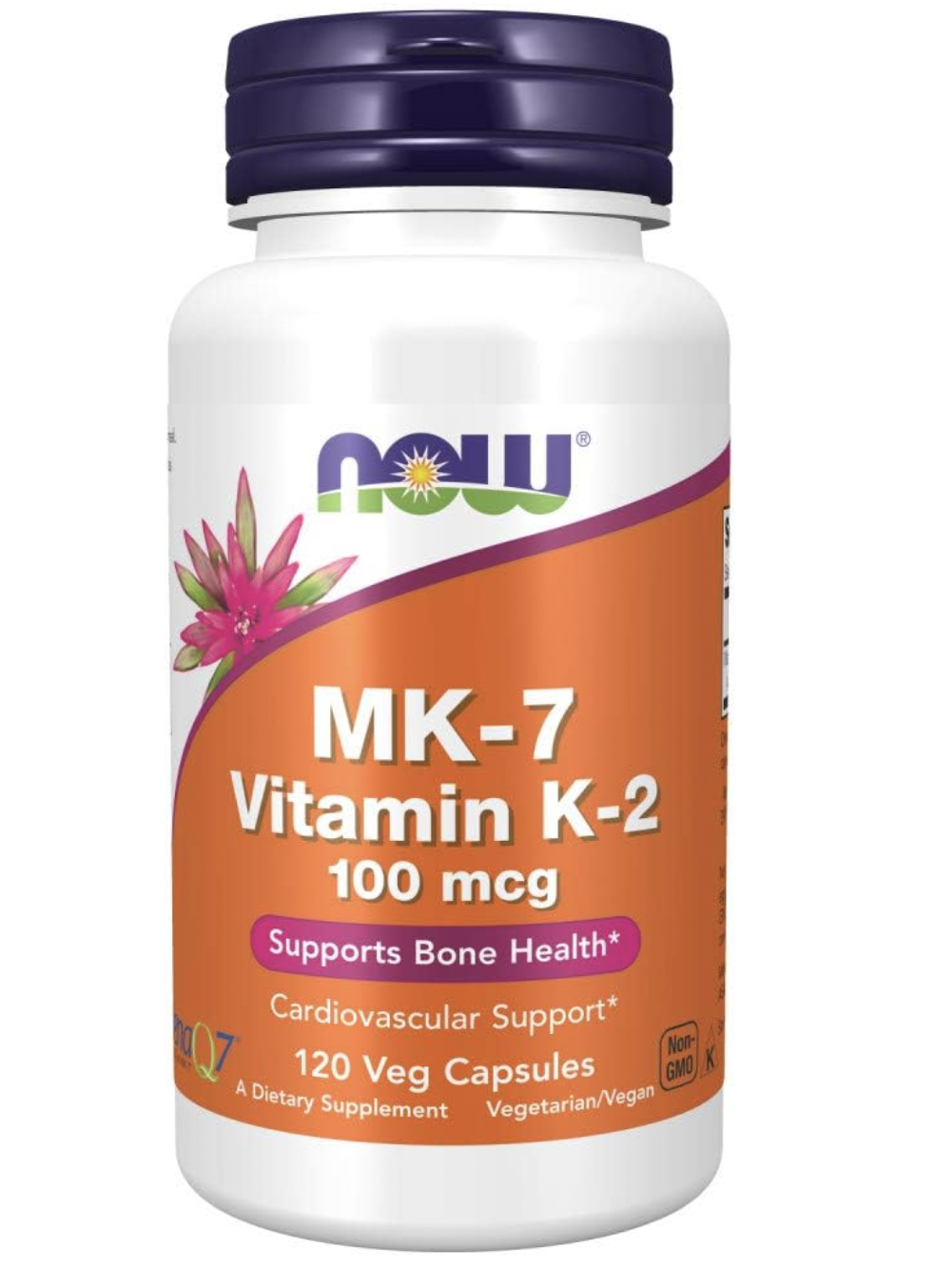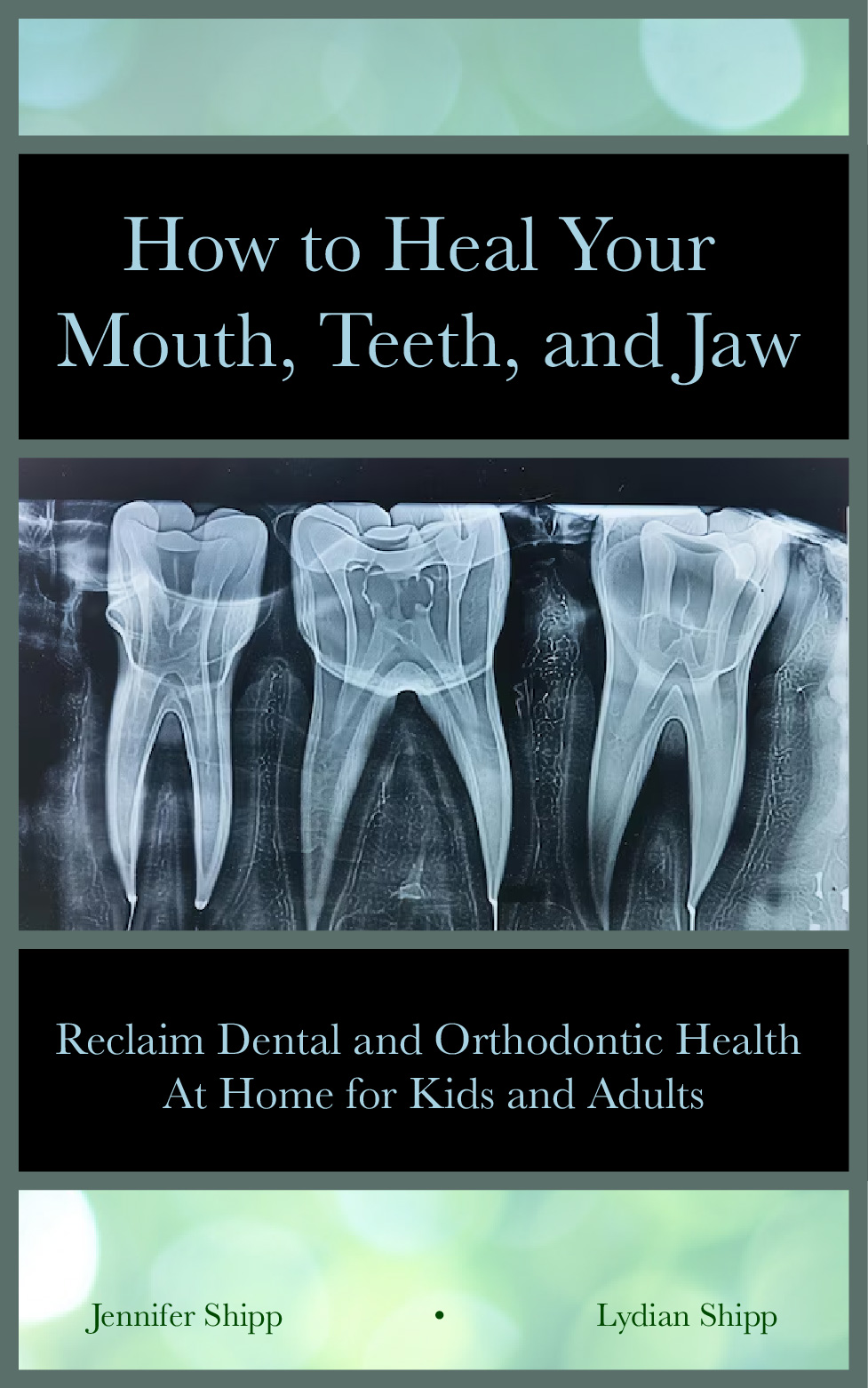 Prevent Osteoporosis and Cardiovascular Disease with Vitamin K2 and Vitamin D3 Supplements
Prevent Osteoporosis and Cardiovascular Disease with Vitamin K2 and Vitamin D3 Supplements
Humans have a difficult relationship with calcium. We know that we need this mineral, but despite drinking tons of milk and taking calcium supplements in huge doses, we still end up with osteoporosis and dental cavities. What gives? If you really think about calcium and how the dairy industry promotes milk as the end-all cure for osteoporosis, you might notice that people who drink a lot of milk are far from immune to this disease. In fact, people who drink milk are predisposed to developing osteoporosis, according to The China Study, the largest nutritional study ever conducted in the world. How is this possible? Watch Forks Over Knives for more information about why drinking milk won’t save you from the ravages of osteoporosis.
But if taking calcium supplements won’t help you prevent osteoporosis and drinking milk might make you more likely to develop this disease, what can you do to ensure bone health and strong teeth?
Many people are familiar with vitamin D3 and it’s role in calcium absorption. Vitamin D3 is produced in the body when our skin is exposed to the sun. Most of us don’t get enough sun, so supplementation helps ensure that we have enough of this vitamin. However, sun exposure is a much better and much healthier alternative to vitamin D supplementation if you live in an area of the world where you can get 30 minutes to an hour of direct sun exposure (without sunscreen) every day. If a vitamin D3 deficiency develops, calcium deficiency will inevitably follow along with a weakening of the bones and dental cavities or enamel loss in teeth. So vitamin D3 is important for proper absorption of calcium. But unfortunately, if you have a vitamin K2 deficiency, taking vitamin D3 supplements isn’t a good idea because without vitamin K2, you’ll absorb calcium, but it’ll end up in the wrong places in the body. For example, you may end up with a build up of plaque in the arteries, pineal gland calcification, or breast calcifications (and a false positive for breast cancer). Over time, this will lead to an increased risk of heart attack and stroke, poor dental health and other issues. Most people should not supplement with vitamin D -- to do so can have harmful consequences, but some people do need it. The vast majority of people who live in areas of the world where genetically modified foods (GMOs) like wheat, corn, and soy are staples need vitamin K2 supplementation and those people also run the greatest risk of over-supplementing with vitamin D. If you're unsure if you need vitamin D supplementation, choose sunlight exposure without sunscreen instead (eat cooked tomatoes daily for a dose of lycopene to prevent sunburn).
Click here to read about the harmful effects of vitamin D supplementation.
On the other hand, if you have plaque build-up in your arteries, aortic stenosis, or if you’ve had heart surgery in the past due to blockages in the cardiac vessels, it’s extremely likely that you have a vitamin K2 deficiency. If you have a deficiency of vitamin K2, your bones will be weak (you may develop osteoporosis) and your circulatory system may be bogged down with tons of calcium deposits and plaques (and you may die suddenly of a heart attack or stroke).

Click here to buy vitamin K2 / MK-7.
In summary, when you eat food that contains calcium like seeds, beans, lentils, almonds, and dark leafy greens, this calcium will easily be absorbed by the body if you take vitamin D3 supplements. But don’t stop there! Ensure that the calcium goes to your bones and not to your blood vessels by taking a vitamin K2 supplement too! In fact, choose combination D3 and K2 vitamin supplements to ensure that you get the proper ratio of these two essential nutrients.Throw away those calcium supplements and consider limiting dairy products in your diet to keep your bones and heart healthy.
Download the Living Database Now to Learn More about Cures for Disease
We've recently released the Living Database, the tool that Lydian and I use to store our data when we research cures for diseases. Sometimes we stumble across natural treatments cures for rare diseases in the scientific literature. If we do, we put in the Living Database. Sometimes we find links to surprising scientific data or even anecdotal reports of a cure for diseases that have been dubbed "incurable" or even, in some cases "untreatable" by doctors. And this tool, the AlivenHealthy Living Database allows us to store this information. Now, we've made the database live so our readers can use it to find cures for disease even if we haven't had a chance to write about it yet. The AlivenHealthy Living Database is an excellent tool for healers and body workers or even just for average people to use on family and friends. If you search for a disease or disorder that isn't in our database, this alerts Lydi and I to the fact that someone in the database user pool is looking for that particular disease. If our client load is low and we have time to do research into that disease, we can update the database immediately with information about diseases that interest Living Database users. Click here to learn more and download the Living Database now.








